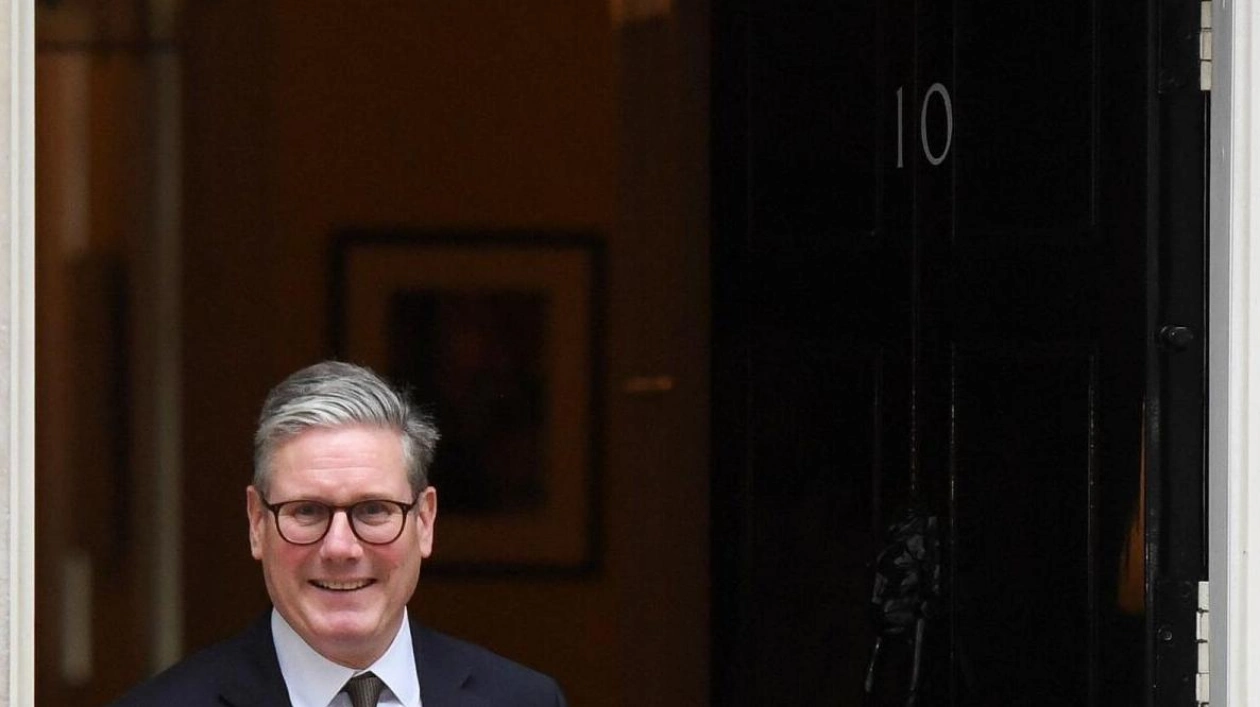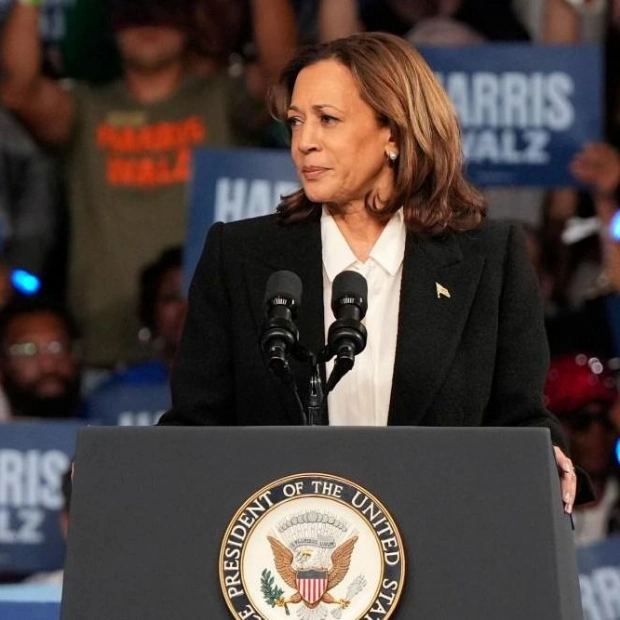Prime Minister Keir Starmer's new government faces a significant challenge as Britain's prisons are on the brink of being unable to accommodate new inmates, forcing the government to make difficult and expensive decisions. According to the World Prison Brief database, Britain has the highest incarceration rate in western Europe and is grappling with a crisis due to a new building program that failed to keep pace with stricter sentencing laws, leading to a growing prison population. Many prisons are already housing two inmates in cells designed for one, and emergency measures implemented by the previous Conservative government have resulted in early releases and delayed court cases to prevent new arrivals. The head of the Prison Governors Association has warned that unless a solution is found, offenders may soon have to be held in police cells, which would constrain officers and disrupt the wider judicial system.
Labour leader Starmer has described the state of Britain's prisons as a "monumental failure" of the last government, but he faces financial constraints. The Institute for Government (IfG) predicts that prison spending will decrease by 5.9 percent annually relative to demand in the coming years. Tom Wheatley, president of the Prison Governors Association, emphasized the urgency for the new government to act. "We're nearing the line on what can be safely accommodated, even in overcrowded conditions," he told Reuters. As of July 5, England and Wales had 87,453 prisoners, close to the maximum capacity of 88,864, with an imprisonment rate of around 144 per 100,000 population.
Options to address overcrowding include releasing more offenders with electronic tags or issuing suspended sentences, which would only result in imprisonment if the offender reoffends within a specified timeframe. Starmer has promised to tackle the problem but cautioned that it would take time. His choice for the new prisons minister, businessman James Timpson, who employs ex-offenders and is known for his belief in rehabilitation, may reflect his longer-term thinking. The Ministry of Justice reports that a third of former prisoners commit another offense within 12 months of release, a statistic that any improvement attempt would require time and money to address.
The crisis has been slowly building, with British parties traditionally campaigning on tougher crime sentences. Government data shows that average sentence lengths have increased from 14.5 to 20.9 months between 2012 and 2023. The IfG notes that the prison population has doubled over the last 30 years, despite falling crime rates, and is projected to exceed 100,000 by 2026. The construction of new prisons has been hindered by planning rejections, and the closure of older prisons has been delayed. Wheatley, who has managed several jails, stated that the prison estate was only designed to house about 79,000 people, not the nearly 88,000 it currently holds. The IfG reports that the previous government's plan to build 20,000 prison spaces by the mid-2020s is significantly behind schedule, with only about 6,000 built, and is likely to reach only 10,000 by the end of 2025.
Before the election, Labour pledged to deliver the remaining 14,000 new prison places. However, immediate actions will be necessary before the completion of these building programs. "They are going to have to take some further emergency steps in the short term to reduce demand on prisons," said Cassia Rowland, a senior researcher at the IfG.






